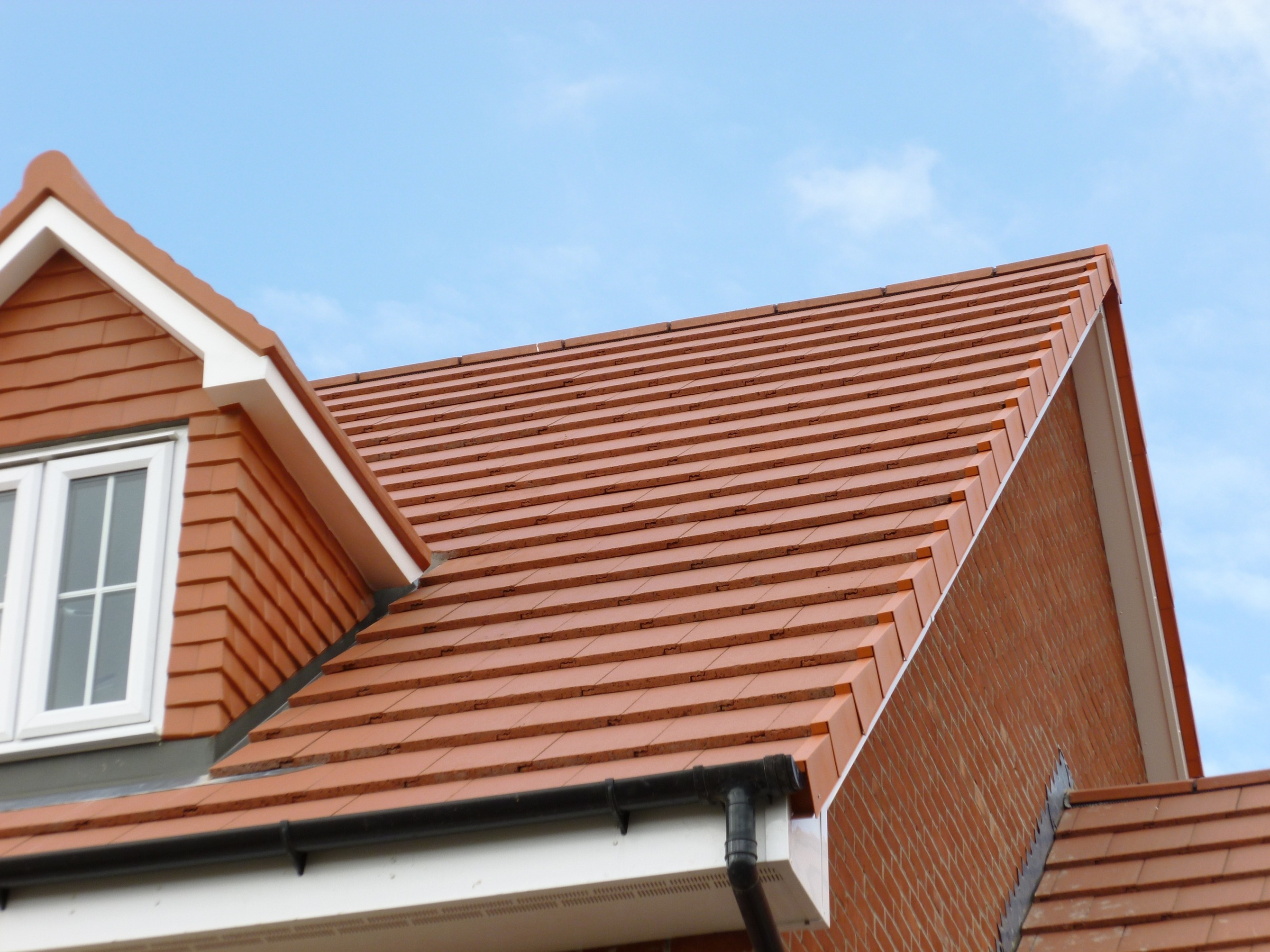With recent changing and dynamic
weather conditions, pioneering manufacturer
Russell Roof Tiles is urging the sector to consider
climate more than ever before and its impact on roofing
specification.
Over the last decade, the UK has
experienced a huge change in climate and resulting fluctuating
temperatures, creating complications for the construction
industry, and requiring specification guidelines to be
reassessed. |
 |
| Recently January
defied expectations and became the world's warmest on record
with temperatures 2.0°C above predictions, despite forecasts
for a cooler start to 2025. This came after a record-breaking
end to 2024, with southern England seeing its wettest autumn
since records began in 1836. |
|
As construction output surges, encouraged by the Government’s
target to build 1.5m new houses in the next five years, it is
even more crucial that extreme weather conditions are
considered when designing and constructing all components of a
building – including the roof. |
| Mark Parsons,
Technical Director at Russell Roof Tiles comments: “A
building’s location, structure and use, alongside regional
weather trends, are some of the biggest factors to consider
when specifying a roofing solution. |
| “The major shift in
climate in the last few years means that solutions that may
have worked previously to combat extreme weather conditions
might no longer be effective. Current weather patterns must be
considered during the specification process to avoid the
installation of unsuitable roof products and ensure optimal
performance and safety for occupants.” |
| If specified
incorrectly, severe weather patterns can significantly
influence the longevity and performance of roofing systems.
Prolonged exposure to harsh climates, such as excessive
sunlight, heavy rainfall, and high winds, can lead to costly
wear and tear overtime. |
| While strong winds
are the most common weather condition to affect roofing –
causing uplift, dislodging tiles and damaging structures –
excessive sunlight, heat, rainfall and ice can be just as
detrimental. A well-designed pitched roof will protect a
structure from solar radiation during warm weather, ensuring
the building doesn’t overheat. While in cold spells it can
successfully protect against wind-driven rain and snow. |
| When considering
materials and components for new builds or re-roofing
projects, it is essential to choose products with a proven
track record from a reputable manufacturer. At Russell Roof
Tiles all tiles and accessories are designed and tested by
experts to meet the British Standards of manufacturing,
providing assurance and peace of mind for the future. |
| Specified products
must also be made from durable, high-quality material to
ensure they can withstand all weather conditions. For example,
many Dry-Fix roofing accessories on the market contain
plastic, so when we experience sustained high temperatures,
these components can become damaged. The Russell Roof Tiles
range of Dry-Fix accessories are tried, tested and designed to
cope and withstand all temperatures they are exposed to on
British roofs, even during the hottest periods. |
| Mark continues: “We
work with architects, specifiers and planners to consider all
of the relevant design factors and features needed from our
products. We examine the geometry and the site location in
conjunction with exposure, roof pitch and rafter length when
assessing the roofs’ long-term ability to withstand the
unpredictable British weather.” |
| Russell Roof Tiles
is a leading independent concrete roof tile manufacturer
supplying products for top housebuilders and high-profile
social housing and commercial projects. Concrete tiles, many
of which feature an interlocking design, allow for fast and
reliable installation. The company provides thousands of
concrete roof tiles and accessories every week, used on roofs
across the country, which offer durability with profiles and
colours designed to simulate traditional clay, stone, and
slate. |
| |
| |
| |
| |